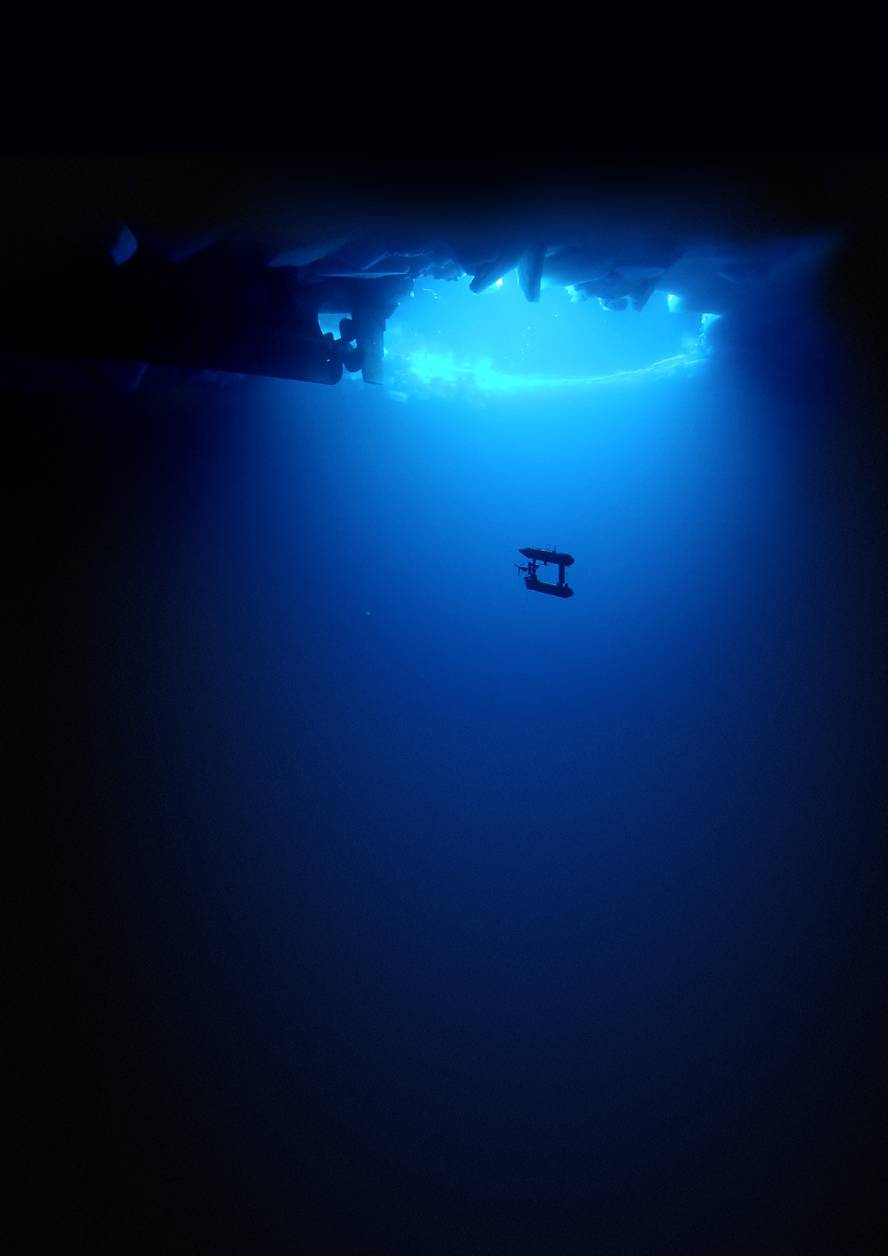Antarctic sea ice, thicker than expected

Measurements published by a group of international researchers revealed that the ice sheet surrounding Antarctica is thicker than previously thought. Researchers from the University of Tasmania, the Woods Hole Oceanography Institute and the British Antarctic Survey have used a submarine to measure the thickness of the ice sheet. The measurements were made in the spring of 2010 and 2012, in various areas of eastern Antarctica, and the results have been published in the journal Nature Geoscience. According to data, the average thickness of the floating ice sheet in Antarctica ranges between 1.4 and 5.5 meters, being the maximum thickness measured 16 meters.
Submarines have been used before in the Arctic to measure the thickness of the ice sheet. However, Antarctic data was based on observations made from ships and drilling. These data suggested that the sea ice sheet was thinner than a meter in Antarctica.
The just underwater method is more accurate than the rest, and the new data will serve to more accurately predict the response of Antarctic sea ice to climate change. However, researchers have warned of the need for broader measurements to see ice sheets of similar thickness in other marine areas near Antarctica.





